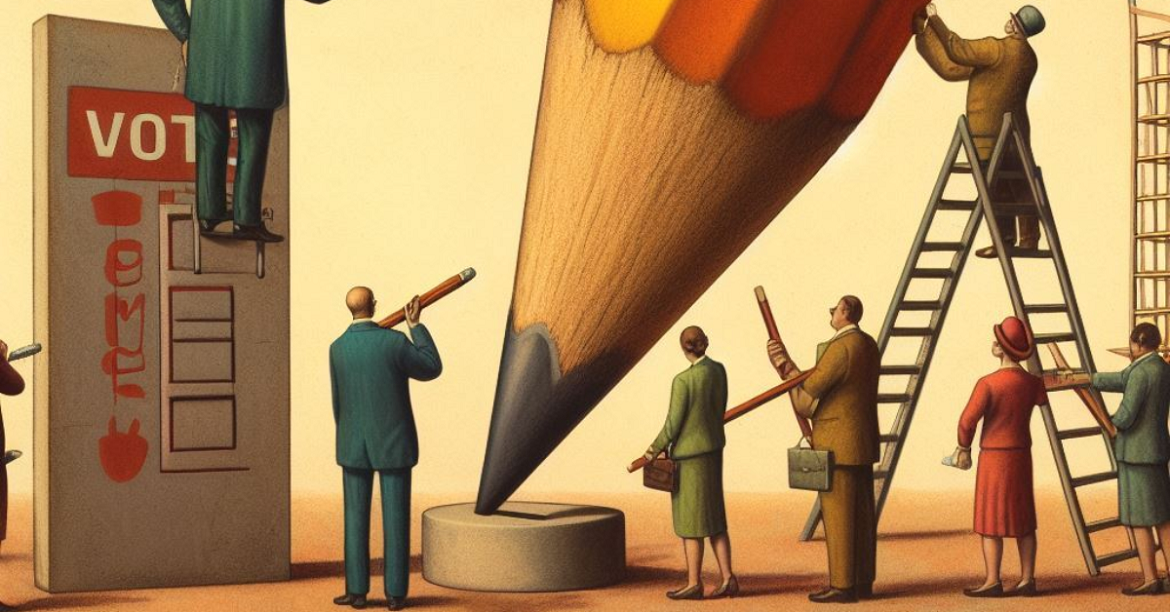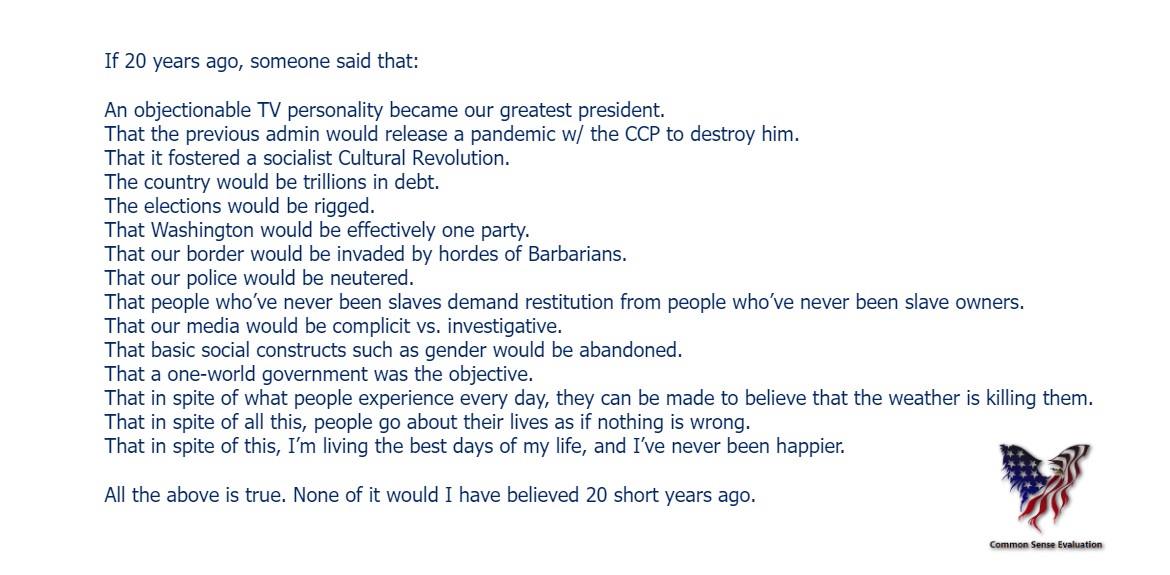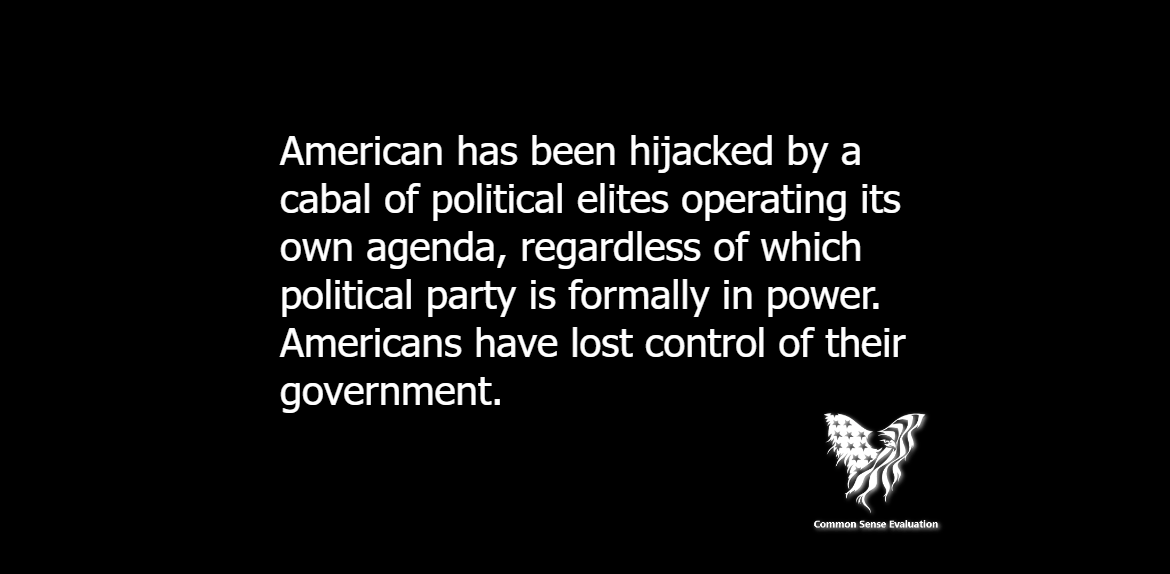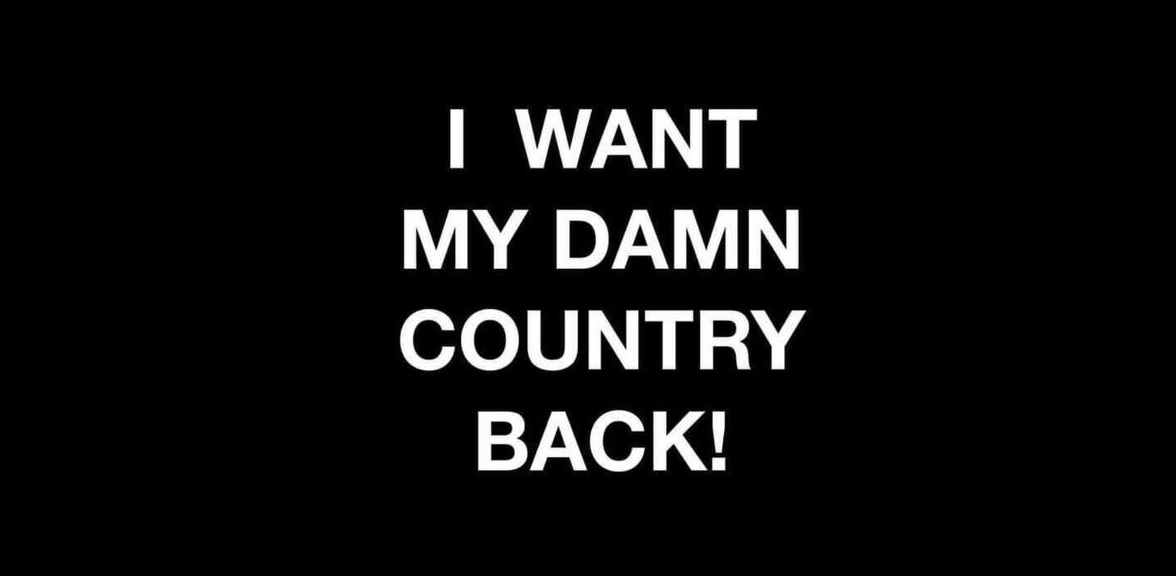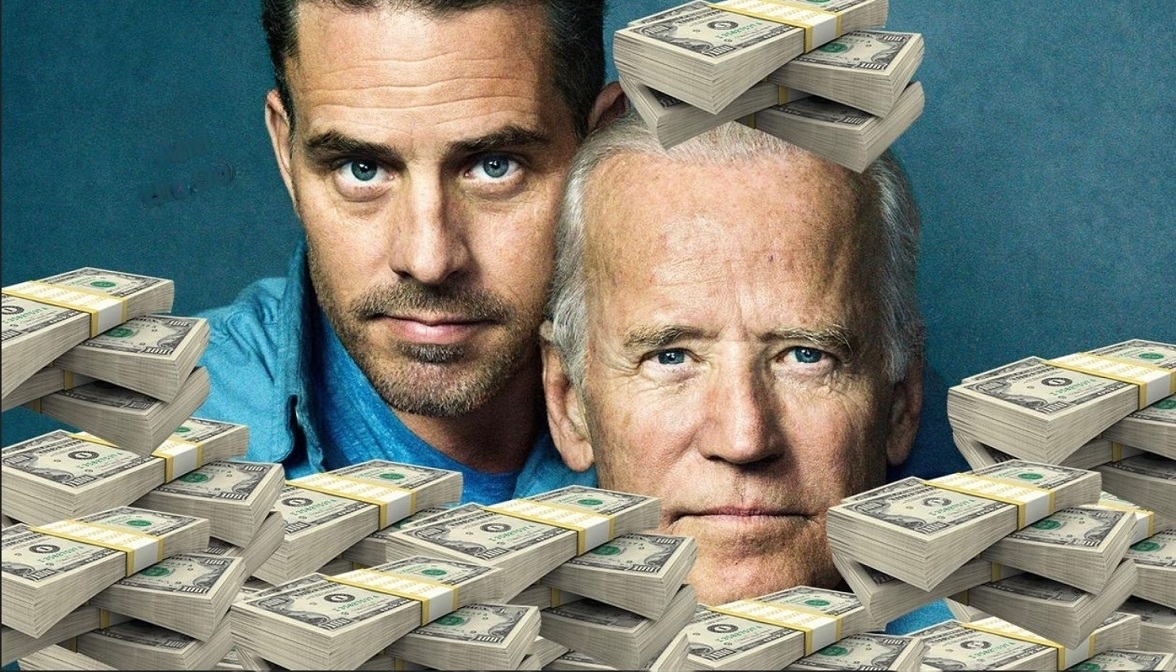In the heart of our great nation, a fervent debate continues to rage like an unrelenting storm. It’s the question of our times: Can we really vote our way out of stolen elections and the clutches of power-hungry politicians? The prevailing wisdom often dictates that we should “vote harder,” believing that our ballots alone can set things right. But let’s take a closer look beneath the surface, dissecting the intricacies of our republic and the manipulations that corrode it.
Corrupt Career Politicians
The crux of the problem lies in those we elect to represent us. In a world where power corrupts, career politicians regularly prioritize their interests over those of their constituents. It’s a tale as old as time: politicians clinging to power like a drowning sailor to a life preserver.
These career politicians have become masters of the art of staying in power. Gerrymandering, campaign financing loopholes, and a knack for exploiting the system have made them formidable opponents. But perhaps the most insidious weapon in their arsenal is the manipulation of mail-in ballots.
The Mail-In Ballot Conundrum
Mail-in ballots, once hailed as a convenient way to exercise our civic duty, have become a double-edged sword. On one hand, they offer accessibility and convenience for voters. On the other, they provide a fertile ground for manipulation.
Career politicians, driven by their insatiable hunger for power, have found ways to exploit this vulnerability. They argue that expanding mail-in voting is about accessibility and inclusivity. Still, in reality, it’s a tool that can be wielded to tip the scales in their favor.
The Perils of Mail-In Voting
The practice of mail-in voting is innately problematic, and the potential for abuse should give us pause. When politicians manipulate the process, it undermines the very foundation of our republic.
- Ballot Harvesting: One of the most concerning issues is “ballot harvesting.” This practice allows third parties to collect and submit absentee ballots on behalf of voters. While it can be a genuine service for some, it’s also a ripe opportunity for abuse. Unscrupulous individuals can coerce or manipulate vulnerable citizens, collecting their ballots and casting votes in their favor.
- Fraudulent Applications: Corrupt Politicians have also been known to flood the system with fraudulent mail-in ballot applications. This tactic can overwhelm election officials, making it easier for questionable ballots to slip through the cracks.
- Lack of Verification: The verification process for mail-in ballots is not foolproof. Voters’ identities can be difficult to confirm, leaving room for the casting of fraudulent votes.
The Illusion of “Vote Harder”
In the face of these challenges, the rallying cry of “vote harder” can seem like an exercise in futility. Casting more ballots won’t necessarily address the root issues of manipulation and corruption within the system.
When corrupt politicians are willing to bend the rules and exploit the vulnerabilities in our electoral process without repercussion, simply increasing voter turnout won’t guarantee a fair and just outcome. It’s akin to trying to put out a wildfire with a garden hose; you might make a dent, but the underlying inferno continues to rage.
A Multi-Pronged Approach
So, what can we do in the face of this complex web of manipulation and power-hungry politicians? While there is no one-size-fits-all solution, a multipronged approach can help safeguard our republic:
- Paper Ballots: Emphasize the use of paper ballots as a secure and transparent voting method to reduce the risk of electronic manipulation and ensure the integrity of our elections.
- Election Integrity Reform: Advocate for comprehensive election integrity reforms that address issues such as gerrymandering, campaign financing, and verification of paper ballots.
- Transparency: Demand transparency in the electoral process, including open access to the counting and verification of paper ballots, to ensure that every vote is legitimate.
- Civic Engagement: Encourage civic engagement beyond the ballot box. Stay informed, participate in local politics, and hold elected officials accountable for their actions.
- Education: Promote civic education to empower citizens with the knowledge they need to make informed decisions and spot potential manipulations.
- Legal Action: Support legal action to challenge election irregularities when they occur, ensuring that the rule of law prevails.
- Participation: Never underestimate the power of grassroots movements, community organizing, and peaceful protests to effect change.
With a strong emphasis on paper ballots, we fortify our electoral process, reducing vulnerabilities and enhancing the confidence of citizens in the integrity of our elections. Only through a holistic and vigilant approach can we truly navigate the maze and protect the principles upon which our nation was founded.
Closing Thoughts
As we traverse the treacherous waters of our republic, it’s imperative to acknowledge that the notion of “voting harder” is but a flickering candle in the gathering shadows. Our system, which is complicated and fragile, is still vulnerable to the evil plans of career politicians who want to keep their power.
In this murky landscape, safeguarding our republic demands more than the mere act of voting. It compels us to reckon with a somber reality: that our nation, once hailed as a beacon of hope, can be manipulated, twisted, and torn asunder by those who wield power without conscience.
To truly safeguard our republic now means navigating a perilous labyrinth, where the paths are obscured, and the dangers are manifold. It entails not only voting wisely but also vigilant scrutiny, unrelenting accountability, and the unwavering commitment to wrestle our country back from the shadows that engulf it.
In the end, it’s not just about voting; it’s about surviving the descent into darkness, preserving the fragile threads of justice and liberty, and confronting the abyss that looms ever larger on the horizon. Only then, against the backdrop of uncertainty and adversity, can we endeavor to protect the tattered remnants of the republic we once knew.
